
Due Diligence India
A preliminary Due Diligence investigation into a company in Asia was produced, pending a possible cooperation between the company and Byzantium’s client.
Information derived from a number of sources formed the basis of the report, chief amongst them the company itself, its auditors and the Ministry of Corporate Affairs. Moreover, some 80 legal and financial reports and documents were obtained from various sources. Some of these reports were of particular interest for the query, including The Directors Report and the Independent Auditors Report, the Balance Sheet and Profit and Loss Statement. Although no general irregularities came to light, we alerted our client of the need to look further into some sections of the Independent Auditors’ Report, particularly concerning the Company’s Long term borrowing, Other Current Liabilities and Long Term Loans Advances. We also provided access to documents covering the whole of the Company’s history. (2018)

Prosecution
A company owner was harassed by a former employee. False rumours and accusations were being spread. The actions hurt the owner personally and socially – and threatened to undermine his business.
A massive documentation of letters, text messages, phone calls etc. was gathered, analysed, structured, edited and commented. Connections within the police, the prosecutor’s office and a number of solicitors were consulted. Witnesses were interviewed. Supported by the documentation, a police investigation was initiated and swiftly handed over to the prosecutor’s office. The acting prosecutor decided to place a restraining order on the former employee. He then proceeded by pressing charges in a court of law. The accused was sentenced for harassment. Albeit the charge of blackmail was turned down by the court, the business owner was relieved of further nuisance, his reputation received a boost and a potential loss of financial means was avoided. (2012)

Business merger and acquisition
A financial company initiated a process of acquision and merger with two other companies involved. The value of the deal was significant – and the process generated a large amount of information.
A huge stock of information was extracted from dossiers and digital inventories. It was then edited and structured to make it more transparent and easily available. The purpose was two-fold: the executive branch of the company needed readily available access to relevant information to feel comfortable in its on-going contacts with its counterparts and the board of directors needed the documentation to assess the handling by the executives during the process. (2013)

Theft of rare earth minerals
A company trading in rare earth minerals extracted in Central Africa had gotten several of its shipments stolen somewhere along the way to their final destinations in the Netherlands and China.
The thefts had occurred somewhere between the mining area in Eastern DRC and the port of Dar-es-Salaam, in the city’s port area or at sea. The route of the shipments was mapped and through extensive investigative work, primarily via the Internet, each and every possible place where the thefts might have occurred was being pin-pointed. The investigations served as a basis for the ensuing field work aimed at finding the missing cargo and defining the modus operandum of the thieves. (2011)
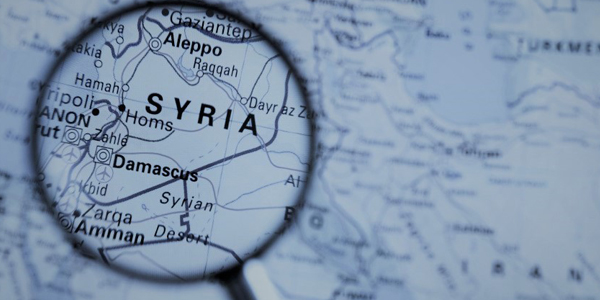
Syria
An assessment of developments in Syria was delivered to a client. The assessment was continuously confirmed by events on the ground.
The founder of Byzantium had previously been a Middle East analyst – and a Syria specialist – within Swedish Military Intelligence, which gave the assessment a measure of credibility right from the start. The assessment was tested by reality – and passed the test. (2011)
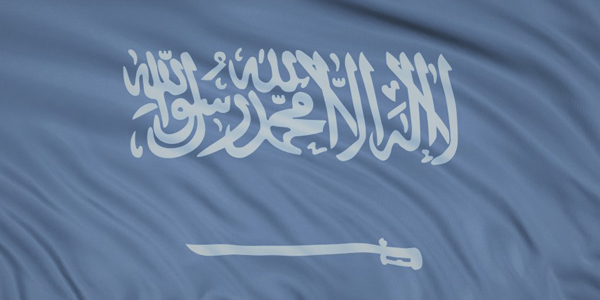
Saudi Arabia
An assessment of the security situation in Saudi Arabia was delivered to a big hi-tech company.
Relations between the Sunni majority and the Shia minority and between Saudi Arabia and Iran were covered. The ageing and ailing Saudi leadership was discussed. Increasing crime rates, albeit from low levels, were noted. In view of the efficiency of the Saudi security establishment, and growing hand-outs from the King, the potential for wide-spread social unrest was deemed low. Effects of the so called Arab Spring were considered insignificant. (2011)

India
A report about trends in India was delivered to a company in the hi-tech communications business.
A 90 page document, defining India’s strategic position, geopolitical ambitions and relevant global, regional and local trends was delivered to a company in the hi-tech communications business. The report covered aspects such as Politics and Geopolitics, Democratic legitimacy, Human Rights, Crime and Corruption, local and regional Security situation, Economy, Financial factors, Business culture, Traffic, Infrastructure, Disease, Natural hazards et alt. (2011)

Due Diligence
A company in the mining industry had set its eyes on Africa, and wanted to probe the possibility for a joint venture in the DRC with a much bigger firm active in the commodities trade.
We found the potential business partner had itself or via its subsidiaries been involved in irregularities, which had generated significant negative media exposure and political, public and legal attention, including a breach of U.N. sanctions, the dumping of a huge amount of toxic waste in West Africa, convictions for having breached European Union environment laws and regulations – and that it was investigated for alleged bribery of a politician in the West Indies. The deal did not come to fruition. (2010)
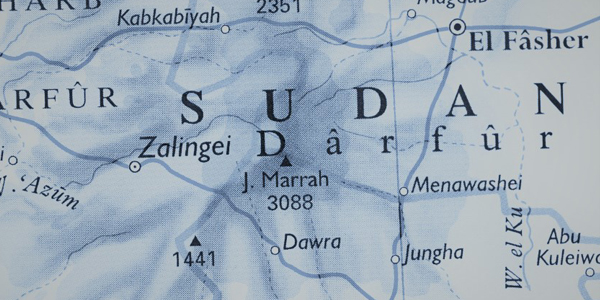
Sudan
A US humanitarian organisation was provided with an assessment of developments in the Sudan and its off-spring South Sudan, after the Sudan had split in two in July 2011.
According to the assessment, although differences persisted beneath the mutual recognition, no international crisis would emerge from the division of Sudan into two separate state entities. Rather, the risk of a violent power struggle within the new state was identified (an which materialised in 2013-2014).
Vigilance was called for, lest the new state would turn into a Dinka fiefdom whose sole power centre would be in Juba. Poor standing on issues such as health and education – and the lack of qualified officials on central, regional and local levels, seemed to undermine the viability of the new-born state.
State stability would depend on relations with Sudan, ethnic inclusiveness, the (equitable) distribution of the proceeds from oil-production, (some 95 % of the national income), national cohesiveness based on enhanced infrastructure, decentralized economic investment policies and the ability to exploit the country’s huge natural resources, from pastures and cattle, to minerals and metals. (2011)
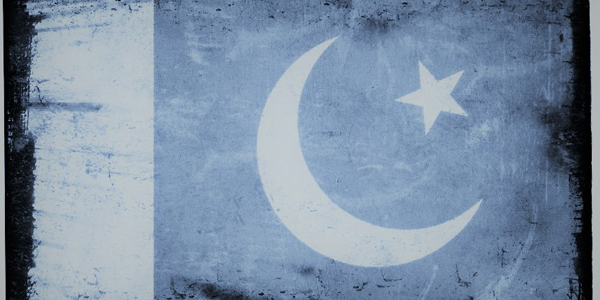
Pakistan
An assessment into matters of state and regime stability in Pakistan was made, pending a visit by a Swedish trade-delegation, against the backdrop of severe flooding in the river Indus and a general risk of terrorist attacks.
The inundations had placed about 20 percent of the country under water. The army provided much needed assistance to a suffering population. Hence, its position was strengthened vis-à-vis the civilian government, which was perceived as corrupt and ineffective. Despite serious strains, the risk of state collapse was considered low. The assessment was that once the water had receded, domestic conflict patterns would reappear. The Pakistani state would survive, guaranteed by international donors and partners for whom a state collapse would pose extreme risks. The risk of terrorist activity was deemed high throughout the country, but Pakistani nuclear weapons were considered safe from terrorists. (2010)
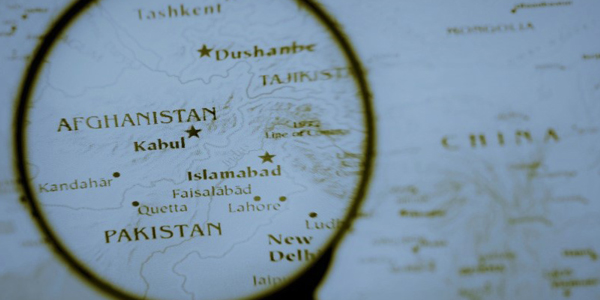
Quetta, Baluchistan
An assessment into the security situation in the Pakistani city of Quetta was made for a company in the energy sector.
The unstable security situation showed no signs of improvement. On the contrary, attacks by criminal and sectarian networks were deemed likely. The assessment was continuously confirmed by events unfolding on the ground. (2010)
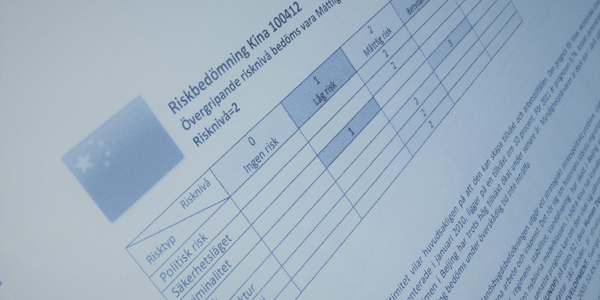
Country database
An insurance company wanted to establish a database containing information about some 120 countries.
The insurance company intended to use the information for two purposes: it was to be linked to the insurance premium and it was intended as a tool for its clients, providing access to continuously updated information about matters such as Geopolitics, Political stability, Democratic legitimacy, Human Rights, the local Security situation, Crime rates, Traffic situation, Infrastructure, Economy, Financial risks, Business climate, Epidemiology and Natural hazards. (2009-2012).

Iraq
A client based in Northern Iraq was provided with information about the region based on Open Sources Intelligence.
The Kurd PKK-guerrilla frequently crossed the border between Turkey and Iraq looking for shelter from attacks by the Turkish army. We could, based on reports in Ankara news media, conclude that the country’s army and air force were planning incursions into Northern Iraq. We warned our client this meant shelling and air assaults. Our client was able to make preparations to avoid any risks ensuing from the anticipated attacks. (2010)
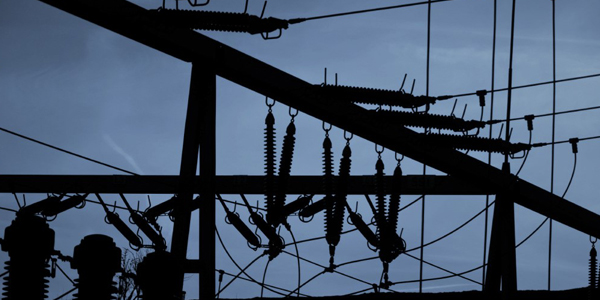
Outage in Cape Town
Late one evening, a client on a business trip to Cape Town found himself unable to move from his hotel room due to a city-wide outage.
Drawing from some 30 years’ experience of South African society, we swiftly derived information from the country’s electricity provider ESCOM and forwarded the information to our client: an investigative team was on its way and the likely durability of the outage was a couple of hours. (2009)

Administrative Burdens in the EU
A Swedish business organisation requested information about EU efforts to reduce administrative burdens for companies in the Union.
We obtained the necessary information via the Internet and a large number of interviews with representatives of the governments of the Member States, and then provided our client with a document containing the requested information: “Some Edited Notes on EU Member States’ National Reform Programs, Pertaining to the Reduction of Administrative Burden and Better Regulatory Systems”. (2008)
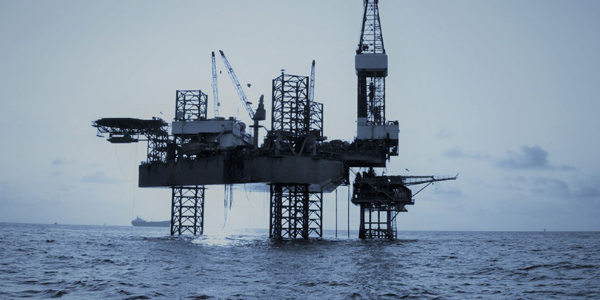
Oilfield in the Caspian Sea
In 2007 a potential client with interests in central Asia was provided with information 1-3 months before the same information was aired on CNN and published by the Financial Times.
In short, the information was about delays in the commissioning of the Kashagan field in the Caspian Sea and differences between the international consortium which was responsible for operating the field and the Kazakh government. Our report was largely based on information retrieved from local media.


